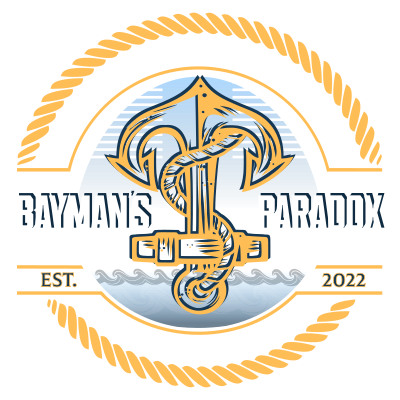The ABCD Project Exposed: Federal Funding, Local Voices, and the Soft Face of Occupation
Confirmed Facts:
1. Dr. Nick Mercer is a faculty member at UPEI, with a cross-appointment to the Environmental Studies and Island Studies programs. Source
2. He was awarded a SSHRC Explore Grant through UPEI in April 2025 for a project titled:
"Assessing Water, Energy, and Food Security on the Port au Port Peninsula, Newfoundland: A Two-Eyed Seeing Approach." Source
3. This grant is funded by the Social Sciences and Humanities Research Council (SSHRC), a federal agency under Innovation, Science and Economic Development Canada (ISED). Source
4. The project involves community-based qualitative research and is being conducted through a publicized meeting on July 15 and 16, 2025 in Mainland and Cape St. George.
5. Partner organizations include EnviroWatch NL, ETC, Tk’snuk Ju’sn (West Wind First Nation), and PDIFC.
6. The flyer and UPEI announcement clearly state "no reward" for participants, indicating unpaid public contribution. Source
7. Mercer has previous affiliations with SSHRC and NSERC, and served on NL's Net Zero Advisory Council and Churchill Falls Expert Panel. Source
The Paradox of the ABCD Project: Outsiders, Funding, and the Local Loop
Port au Port residents are no strangers to experts flying in with dressed in suits – or clipboards, nodding earnestly while asking us what we think about the water, the land, or the price of gas. But few stories better illustrate the machinery of the Local Paradox than what’s now unfolding with the ABCD project led by Dr. Nick Mercer of UPEI.
According to UPEI’s own release, Dr. Mercer has received federal SSHRC funding to conduct a qualitative research study on water, food, and energy access on the Port au Port Peninsula. The project is styled as community-based and participatory, with meetings on July 15 and 16. Posters ask for locals to "share their views" with no compensation, and no clarity on where the data goes or what it will ultimately justify. UPEI Source
Let’s be clear: this isn’t just research. It’s federally funded narrative-gathering, dressed up as consultation.
Dr. Mercer is not some rogue academic. He sits on Newfoundland’s Net Zero Advisory Council. He has deep ties to the very machinery pushing the Paris Agreement-aligned energy transition in Canada. The funding itself comes from SSHRC—part of the Tri-Council under Innovation, Science and Economic Development Canada, the same ministry pushing Net Zero, green subsidies, and climate-linked social transformation. SSHRC Overview
This means federal dollars are being used to fund a study on a region resisting green industrialization, under the guise of listening. But make no mistake: the information gathered can and will be used to map social sentiment, justify future interventions, and claim community engagement after the fact.
And what makes it worse? The project partners include local groups who present themselves as “concerned citizens” or “grassroots opposition,” but who are actively collaborating with federally funded academic projects. The result? A cycle where outsider-led assessments feed back into the very system that locals are resisting. The Local Paradox in motion.
You see, under the guise of advocacy, these initiatives pave the way for further extraction of social capital. Not just our water or wind—but our voices, our stories, our trauma. The more locals speak, the more the state claims moral license to proceed.
If you think this sounds familiar, it's because it is. The Paris Agreement emphasizes stakeholder inclusion, consensus-driven development, and community partnerships. But what it enables is something far more manipulative: the recycling of community concern into state-sanctioned legitimacy.
This is the soft face of occupation. Not with force, but with funding.
An interesting find:Nick Mercer says Newfoundland and Labrador's energy future is in wind power. Source
At Bayman's Paradox, we are actively investigating whether this project is part of a broader pattern of narrative-gathering disguised as consultation—and how the data might be repurposed to support future development agendas.
We’ll share more in a follow-up report.
So before you speak at one of these meetings, ask yourself:
• Who's really listening?
• Where is your story going?
• And who gets paid for telling it?
Because it won’t be you.
